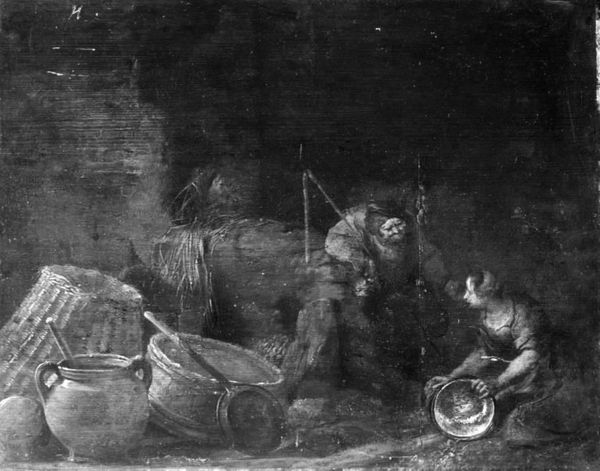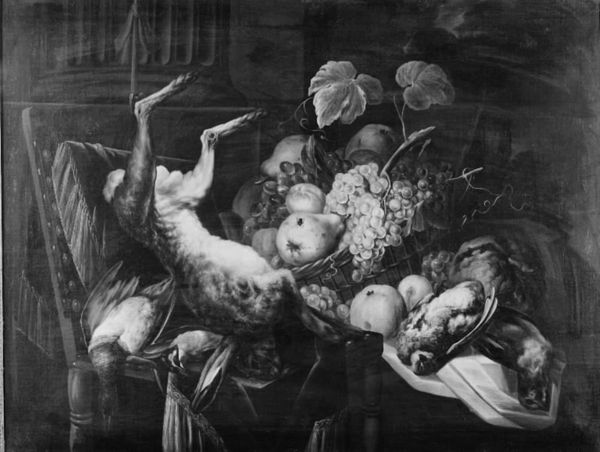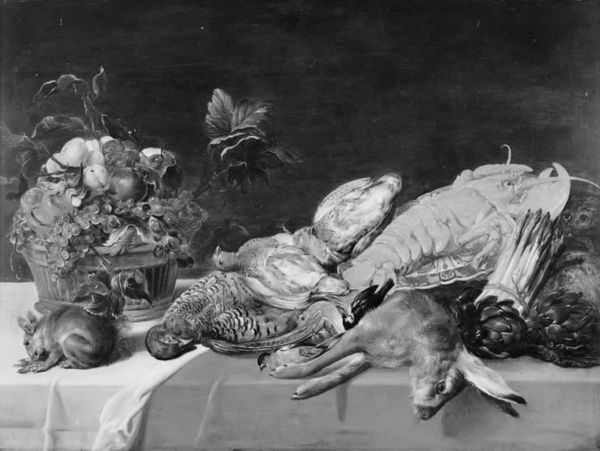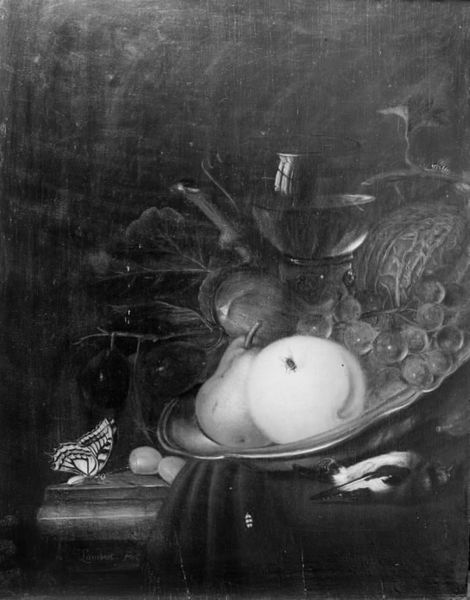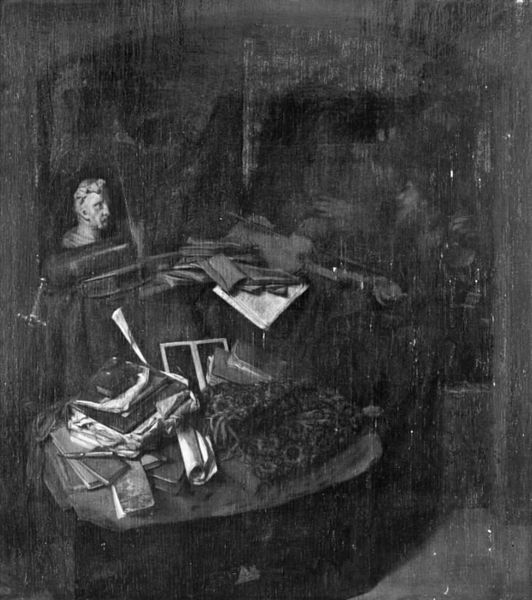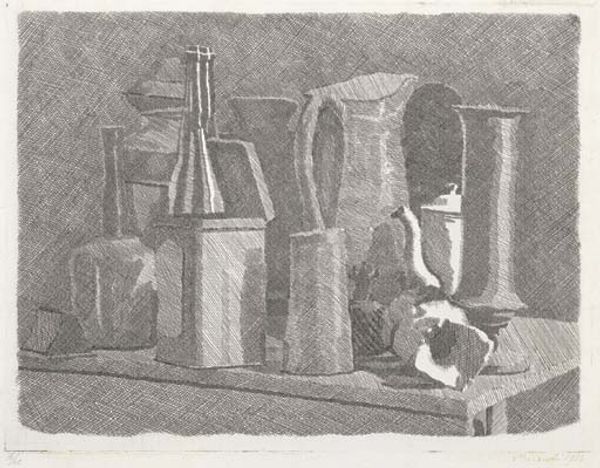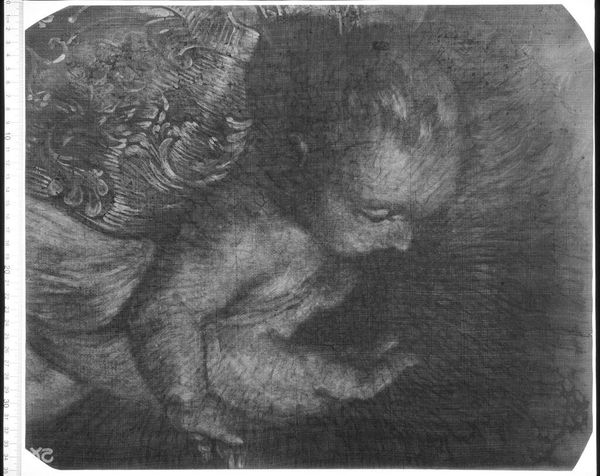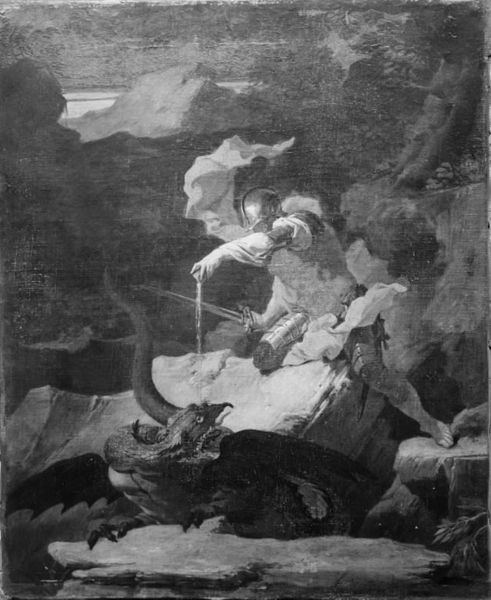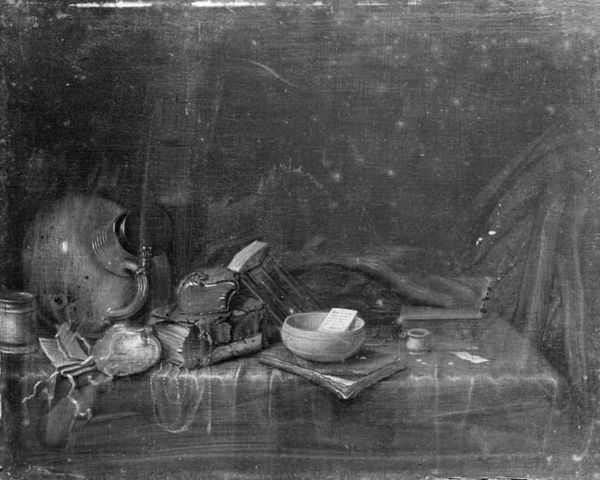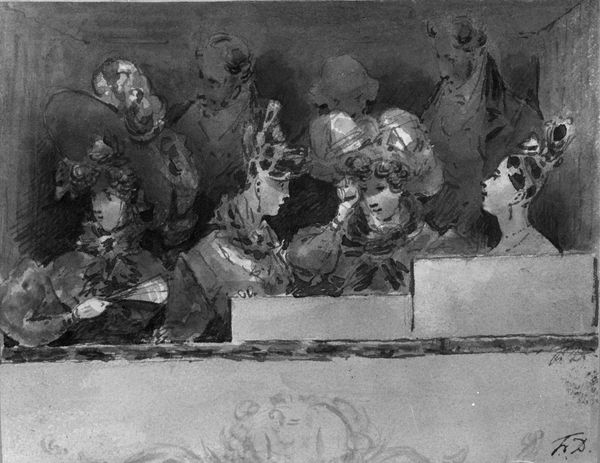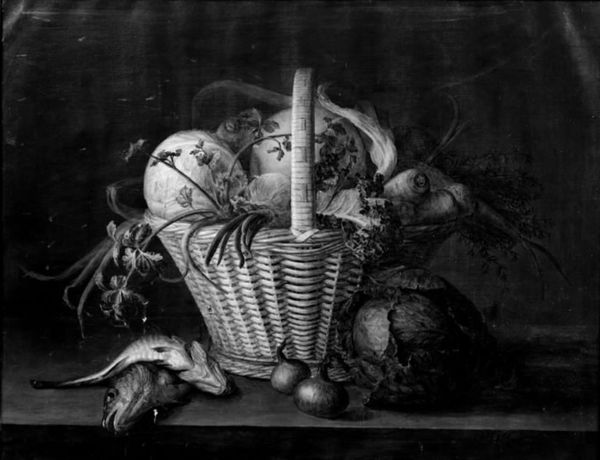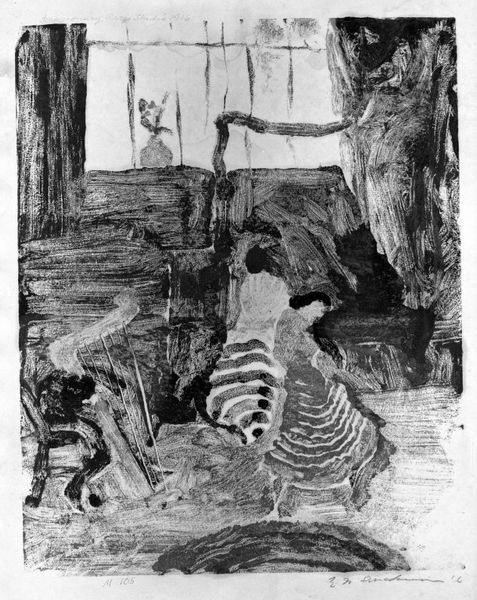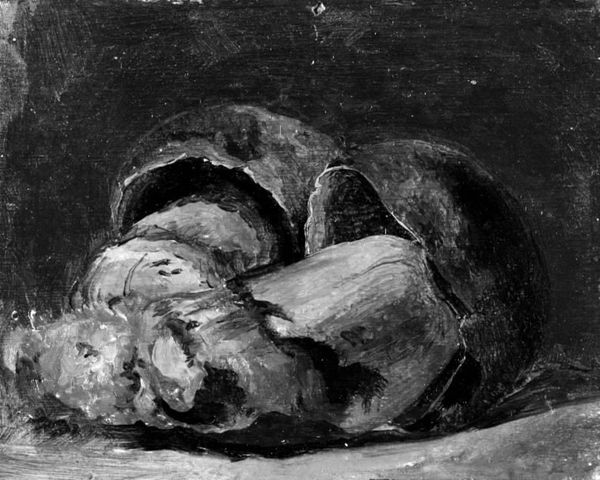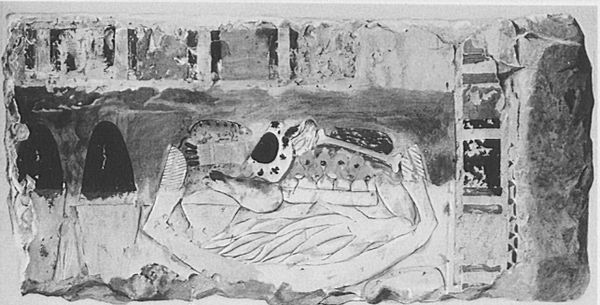
painting, oil-paint, canvas
#
baroque
#
animal
#
dutch-golden-age
#
painting
#
oil-paint
#
canvas
#
genre-painting
#
realism
Dimensions: 52.5 cm (height) x 76.5 cm (width) (Netto)
Curator: Looking at this composition, I am struck by a feeling of stark contrast. It has a somber yet compelling mood with those still-life elements so meticulously captured. Editor: This is “Dead Wildfowl and a Game Dog,” a painting by Joannes Fijt created sometime between 1647 and 1649. We have it here at the Statens Museum for Kunst. Curator: The gaze of that hunting dog is particularly unsettling—a mixture of vigilance and resignation in its eyes, watching over the fallen birds. I think there's a real commentary here on the relationship between humans, animals, and the hunt. Editor: I agree. Hunting scenes were very popular. This kind of genre painting offers a window into the aristocratic culture and the significance of hunting as a status symbol. Look at the realistic textures – the feathers, fur, and wood rendered with such detail thanks to the oil on canvas. Curator: And not just detail, but symbolism! Think about it: birds have long held a place in mythology and spirituality as emblems of freedom or even the soul. Their lifelessness here could signal transience or loss. That specific symbolism is rooted in that early period, still powerful today. Editor: Interesting perspective! To my mind, the scene's social history is pretty vital too. Remember, during the Dutch Golden Age, art moved into middle-class homes; there was an expansion of subject matter to suit varying tastes. Curator: That may have influenced the market, but that wouldn’t make Fijt remove these symbolic links with art history’s obsession with genre as it meets classical allegories of mortality. Editor: Maybe we are each seeing aspects of it... Still life painting and the rise of naturalism in the seventeenth century certainly presented opportunities to highlight the power of observation... and reflect social structures. Curator: I think we both see those different aspects working together within this work so that neither theme can overshadow the other, or their intertwined narratives can allow a complete reading of culture across multiple centuries. Editor: It’s truly a fascinating dialogue between visual elements and history playing out here. Curator: Yes, precisely – a potent visual emblem loaded with those intricate, complex significations for our consideration!
Comments
No comments
Be the first to comment and join the conversation on the ultimate creative platform.
